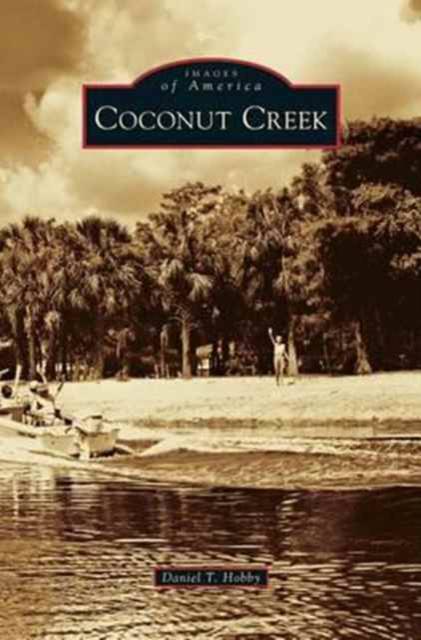
Je cadeautjes zeker op tijd in huis hebben voor de feestdagen? Kom langs in onze winkels en vind het perfecte geschenk!
- Afhalen na 1 uur in een winkel met voorraad
- Gratis thuislevering in België vanaf € 30
- Ruim aanbod met 7 miljoen producten
Je cadeautjes zeker op tijd in huis hebben voor de feestdagen? Kom langs in onze winkels en vind het perfecte geschenk!
- Afhalen na 1 uur in een winkel met voorraad
- Gratis thuislevering in België vanaf € 30
- Ruim aanbod met 7 miljoen producten
Zoeken
Omschrijving
On February 19, 1967, all but four of the 240 registered voters in the Coconut Creek residential development gathered at a local church to vote on a single issue: whether or not to incorporate the neighborhood as a new city. By a greater than two-to-one majority, those in favor of incorporation won out, and Coconut Creek became Broward County's 32nd municipality. It may not have been obvious at that moment, but the creation of Coconut Creek ended a dozen years of city-building throughout the county. It also underscored the end of agriculture as an economic mainstay of the region. The new city had a distinctly small-town feel, with most municipal functions handled by volunteers. Before long, a population explosion brought new residential and commercial developments, forcing city leaders to confront issues of managing growth, protecting the environment, and maintaining the quality of life for city residents. The success of these efforts is seen in today's Coconut Creek.
Specificaties
Betrokkenen
- Auteur(s):
- Uitgeverij:
Inhoud
- Aantal bladzijden:
- 130
- Taal:
- Engels
Eigenschappen
- Productcode (EAN):
- 9781531661595
- Verschijningsdatum:
- 12/03/2012
- Uitvoering:
- Hardcover
- Formaat:
- Genaaid
- Afmetingen:
- 170 mm x 244 mm
- Gewicht:
- 412 g

Alleen bij Standaard Boekhandel
+ 88 punten op je klantenkaart van Standaard Boekhandel
Beoordelingen
We publiceren alleen reviews die voldoen aan de voorwaarden voor reviews. Bekijk onze voorwaarden voor reviews.









